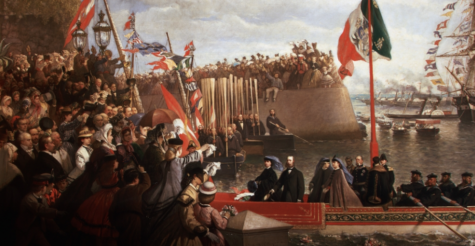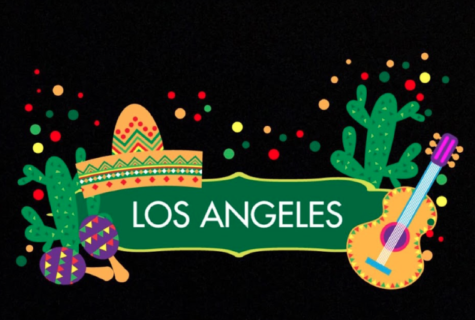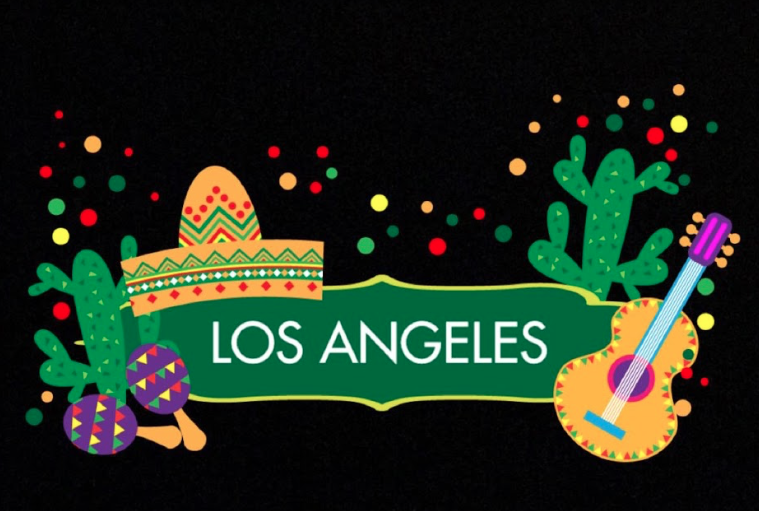Cinco de Uh Oh
May 22, 2017
Happy Cinco de Mayo! Mexico’s Independence Da- wait, that’s September 16. Mexico’s victory over American and/or Spanish troops? Nope, they actually fought against the French.
So, why do Americans celebrate Cinco de Mayo as avidly as we do?

This 5th of May marked the 154th anniversary of Cinco de Mayo, a celebration that has drawn up significant attention due to conflict over the purpose of the holiday. To clear the air, Cinco de Mayo came about to celebrate Mexico’s victory over the French in the Battle of Puebla on May 5, 1862, more than 50 years after Mexico’s independence was established.
Raul Ramos, the Associate Professor of History at the University of Houston, told NBC that “the significance of Cinco de Mayo is that it represents Mexican resistance to foreign intervention, it is a moment where Mexico as a young nation rallied to defend itself… it represented a struggle against imperialism.”
It is important to note that America was very much involved in the Battle of Puebla, as it had a connection to the US Civil War and a significant ‘hero’ celebrated by the original Cinco de Mayo was Texan General Ignacio Zaragosa, which explains why we celebrate it in the first place.
However, as much as I want to sit here and give you all a history lesson (if you really want to research and learn more about the holiday, which I highly suggest you do, very well-written articles over the topic await your mouse to explore and click on them), a more pressing issue causes me to take to the keyboard today.

While Cinco de Mayo is a celebration of sorts, how people choose to celebrate it has become borderline shocking: phrases such as “Cinco de Drinko” are coined, people sport fake mustaches while shaking plastic maracas, and geotags with sombreros and ponchos flood social media. Misunderstanding the purpose of a holiday is one thing, but using it to capitalize on stereotypes is another.
Now, there’s nothing wrong with celebrating the holiday in a local restaurant, eating an authentic Mexican dish with your friends and family in honor of it. But remember that the Mexican soldiers did not win the war while wearing sombreros or playing music with their mariachi band, nor did they win just to be exploited as a reason for an extended happy hour. While it isn’t as celebrated in Mexico than in America, it is still a meaningful date in Mexican history.
Though some of you undoubtedly have the word “sensitive” on the tip of your tongues right now, remember how you would feel if people from other countries celebrated the day the colonists won the Battle of Saratoga, believing it was America’s Independence Day, dressed up as “rednecks” or “dumb blondes” while talking in “valley-girl” or “country” accents. And even if you don’t find those stereotypes offensive, some people may and one must always be culturally sensitive.

The point of this article is to remind our aware and open-minded Marymount community that the next bicultural holiday, we should make an effort to celebrate it without offending those who are being celebrated by ditching the stereotypes and simply honoring the beautiful and diverse cultures that make up the world.



